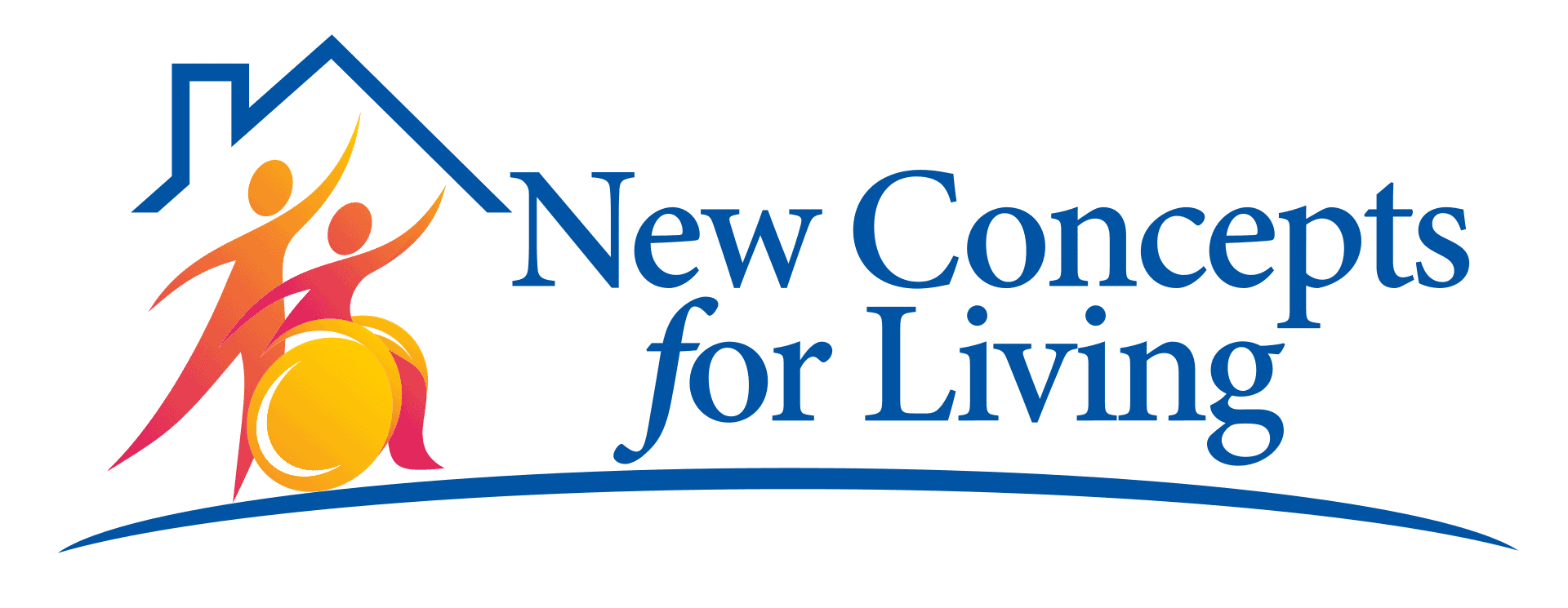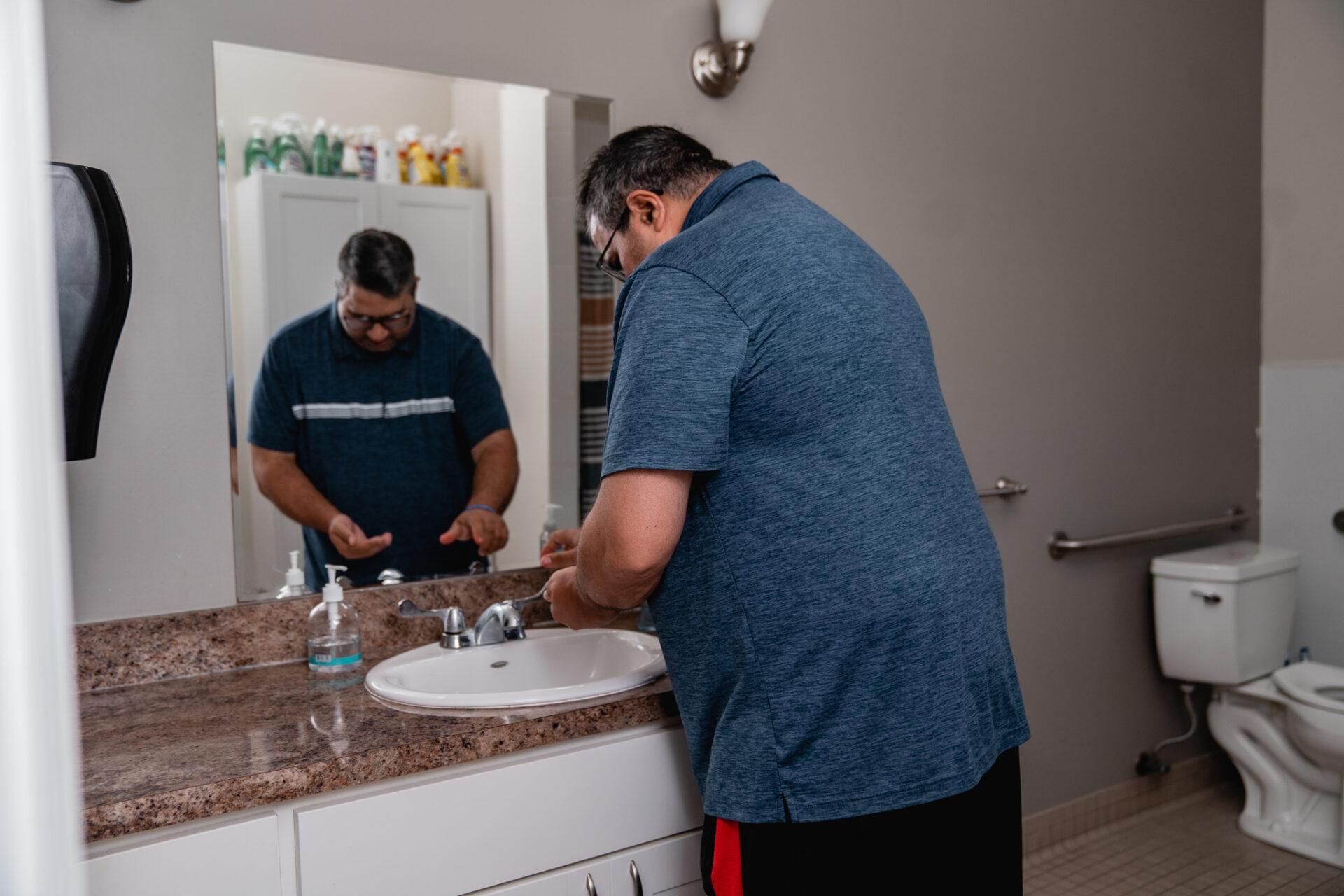How to Foster Independence in Adults With IDD
Empowering adults with intellectual and developmental disabilities (IDD) to be independent is a crucial part of their development and an essential step toward improving their quality of life. Fostering independence not only promotes self-confidence but also encourages participation in the community, develops problem-solving skills, and nurtures self-identity. With a blend of understanding, compassion, and the right strategies, it’s possible to foster independence effectively.
Understanding Intellectual and Developmental Disabilities (IDD)
First and foremost, understanding IDD is key. IDD—intellectual and developmental disabilities—is a group of disorders characterized by cognitive and physical impairments. These disabilities can affect various aspects of life, including language, mobility, learning, self-care, and independent living. Understanding an individual’s specific disability can enable caregivers, family members, and professionals to tailor strategies and resources effectively.
The Critical Role of Direct Support Professionals
Direct Support Professionals (DSPs) are indispensable in fostering independence among adults with IDD. DSPs are trained professionals who work closely with individuals with IDD to assist them in developing essential life skills, providing emotional support, and even offering direct care when necessary.
Strategies to Foster Independence in Adults with IDD
Creating an environment where adults with IDD can thrive necessitates understanding their unique needs and employing various strategies to foster their independence. Here are some comprehensive strategies that can significantly promote self-reliance among these individuals.
1. Promote Self-Advocacy
One of the essential steps toward independence is promoting self-advocacy. By teaching adults with IDD to express their needs, wants, and rights, they can begin making important decisions for themselves. Here are some ways to foster self-advocacy:
- Provide Choices: Offer options in daily activities. Whether it’s choosing what to wear or selecting a meal, providing choices empowers individuals with IDD and enhances their decision-making skills.
- Encourage Expression: Encourage them to express their feelings and thoughts. It helps in understanding their perspectives and validates their experiences.
- Teach Rights and Responsibilities: Ensure they know their rights and responsibilities. It strengthens their ability to stand up for themselves and navigate the world with confidence.
2. Develop Life Skills
The development of life skills is fundamental in fostering independence among adults with IDD. The specific skills to focus on will depend on the particular individual and their abilities but can include:
- Basic Self-Care Skills: These include personal grooming, hygiene, and health management. Teaching these skills helps promote personal autonomy.
- Home Skills: Cooking, cleaning, and basic home maintenance are key life skills. Familiarizing individuals with these tasks fosters a sense of independence and responsibility.
- Money Management: Understanding basic financial concepts like budgeting, saving, and responsible spending are crucial life skills.
- Public Transportation Navigation: Teaching them to safely use public transport can broaden their independence.
The acquisition of these skills requires consistent practice and patience, backed with positive reinforcement to boost their confidence.
3. Encourage Social Interaction
Social interactions play a vital role in emotional development and enhancing self-esteem. Here are some ways to foster social interaction:
- Join Social Groups: Encourage participation in social groups or clubs where they can engage with peers and form meaningful relationships.
- Community Participation: Attend community events or volunteer activities. It fosters a sense of belonging and enhances social skills.
- Social Skills Training: Social skills programs can provide structured support to develop communication skills, understand social cues, and navigate relationships.
4. Implement Technology-Based Solutions
Advancements in technology have provided tools to foster independence in adults with IDD. Here are some assistive technologies to consider:
- Communication Aids: Apps and devices can aid those with speech and language difficulties to express themselves effectively.
- Daily Living Aids: Technology can assist with daily tasks, such as cooking and cleaning. Examples include timers for cooking or automatic reminders for chores.
- Mobility Aids: Devices like powered wheelchairs and accessible transportation apps can promote independent mobility.
5. Provide Employment Opportunities
Involvement in meaningful work fosters a sense of responsibility and self-worth. Some employment strategies for adults with IDD include:
- Vocational Training: Vocational programs can teach practical job skills tailored to the individual’s interests and abilities.
- Job Coaching: Job coaches provide on-the-job support, helping individuals learn tasks, solve problems, and integrate into the workplace.
- Supported Employment: This model offers ongoing support to individuals in regular work settings, promoting inclusion and independence.
Fostering independence in adults with IDD requires a holistic and person-centered approach. By implementing these strategies, we can make significant strides in fostering independence in adults with IDD, creating a more inclusive society where everyone can thrive.
At New Concepts for Living (NCFL), our mission is to serve individuals with intellectual and developmental disabilities, and it is the fundamental force that makes us the premier community for adults with IDD in New Jersey. We are committed to caring for and nurturing adults challenged with special needs so they can attain their highest level of wellness, independence, and achievement. This includes supporting them and their families with the care options that best fit their particular situation and providing them with the resources they need to be successful and live long, fulfilling lives.
Our meticulously maintained homes and caring staff enable us to provide the highest level of service for the individuals we care for. We also work to continuously improve our services and homes in order to provide the best care for our residents now and in the future, like our new medically fragile homes opening up, which use things like ceiling lift track systems.
In addition, NCFL has an Adult Achievement Center Day Program that offers the most robust and diverse calendar of activities for those we serve. We understand that a busy and productive life is the key to leading a fulfilling life and promoting mental health.
We recognize the need for quality services for every extraordinary individual in northern New Jersey and are committed to expanding. NCFL is currently building new community residences (group homes) in Old Tappan, Mahwah, Hillsdale, and Upper Saddle River—as well as planning to open a larger Day Program Facility in 2023—and is dedicated to finding ways to further expand and grow to better serve our community! You can learn more about the work we do, make a donation to support our mission, contact us for more information, or request placement for a loved one today!

